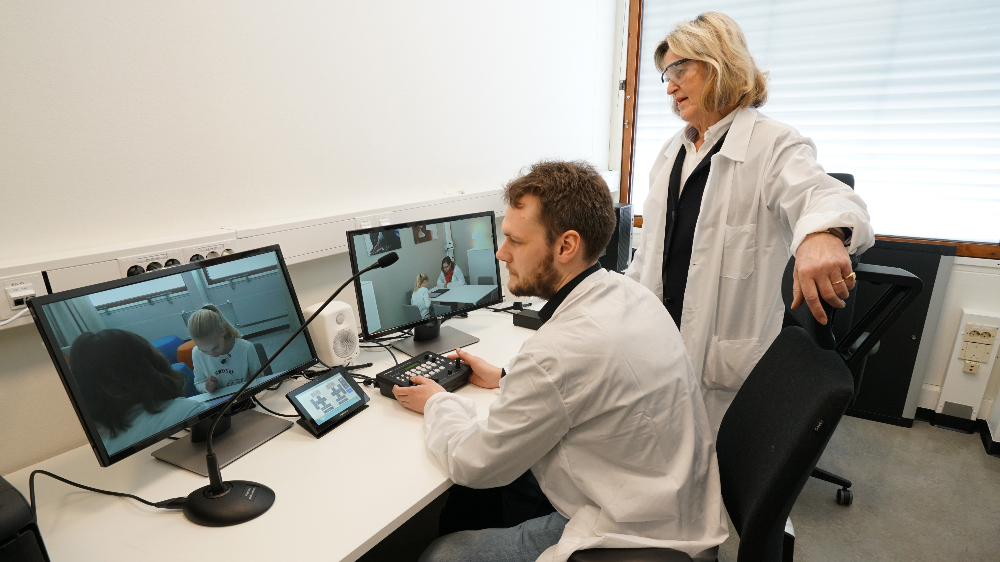While there exist several excellent hands-on workshops on statistics and language science, this year's MultiLing Summer School will combine different aspects of the conceptualization of a study with the philosophy of science that underpins sound research. We will focus on theory building, including the 'theory crisis,' model testing, and an introduction to statistical analysis using Bayesian approaches. PhD students attending the course will present on and discuss a study they are developing. There will also be an update on influential models in language comprehension and production.
During the course, we will attempt to answer, among other things, the following questions:
- How do we create a good experiment?
- How do we connect the theory to the methods/experiment?
- What are the things we ought to care about when creating a psycholinguistic study?
- How do we test a model?
- What is Bayesian statistics and how does it differ from frequentist approaches?
- What is a good design from a statistical point of view?
The lectures will be open to the public, and the workshop is suited both for advanced students (MA students, PhD candidates) and researchers involved in psycholinguistics and experimental linguistics. The course is free, and lunch will be provided to anyone who signs up in using this online form before September 4 12.00. Even if you have not submitted your registration by this time, you are still welcome to attend the lectures.
Preparations
Research Question(s)
The research questions and dependent variables are to be submitted in advance.
Project presentation
Students who present must bring with them a 15 minute project presentation (ppt slides or a poster) that would be presented during the school. The presentation should outline the theoretical background of the study and present the research questions, as well as the linking hypothesis of the experiment and the methods. The presentation should also clearly show how the methods (the stimuli and conditions, in particular) test the theory.
Programme
The programme for the event can be found here. Lectures are open to the public.
Learning Outcomes
Knowledge
After completing the course, the student will
- be able to provide an overview of psycholinguistic research methods and theoretical underpinnings
- have an understanding of how to plan and design a psycholinguistic research project
- be able to show awareness of methodological and theoretical challenges related to specific research projects
Skills
After completing the course, the student will
- have the ability to develop feasible psycholinguistic research projects from the conception of the analyses
- be able to apply relevant psycholinguistic research methods in data collection and theory testing
General Competence
After completing the course, the student will
- be able to reflect analytically on research project design and implementation
- have the ability to present on and discuss with peers about different perspectives and methodological approaches in psycholinguistics
Confirmed Lecturers

Klaus Oberauer is Professor of Psychology at the University of Zurich. In his research, he is interested in the question: Why are people not smarter than they are? His team at the University of Zurich uses behavioral experiments, individual-differences studies, and computational modeling to better understand the capacity limits of human cognition. They focus on investigating working memory, which is the central hub of cognition, and explore how it is related to attention, long-term memory, and cognitive control.

Audrey Bürki is a Professor of Linguistics at the University of Potsdam, where she started a research group focusing on language and applied statistics in 2016. Her research combines a theoretical interest in the cognitive architecture of the language production system with a methodological interest in the paradigms and statistical tools that allow for collecting and analyzing the relevant data. It combines theoretical models and methods from different fields, including linguistics (phonetic sciences, phonology), experimental psychology, statistics, and cognitive neurosciences (i.e., ERPs). She is particularly interested in inter-individual behavior.
